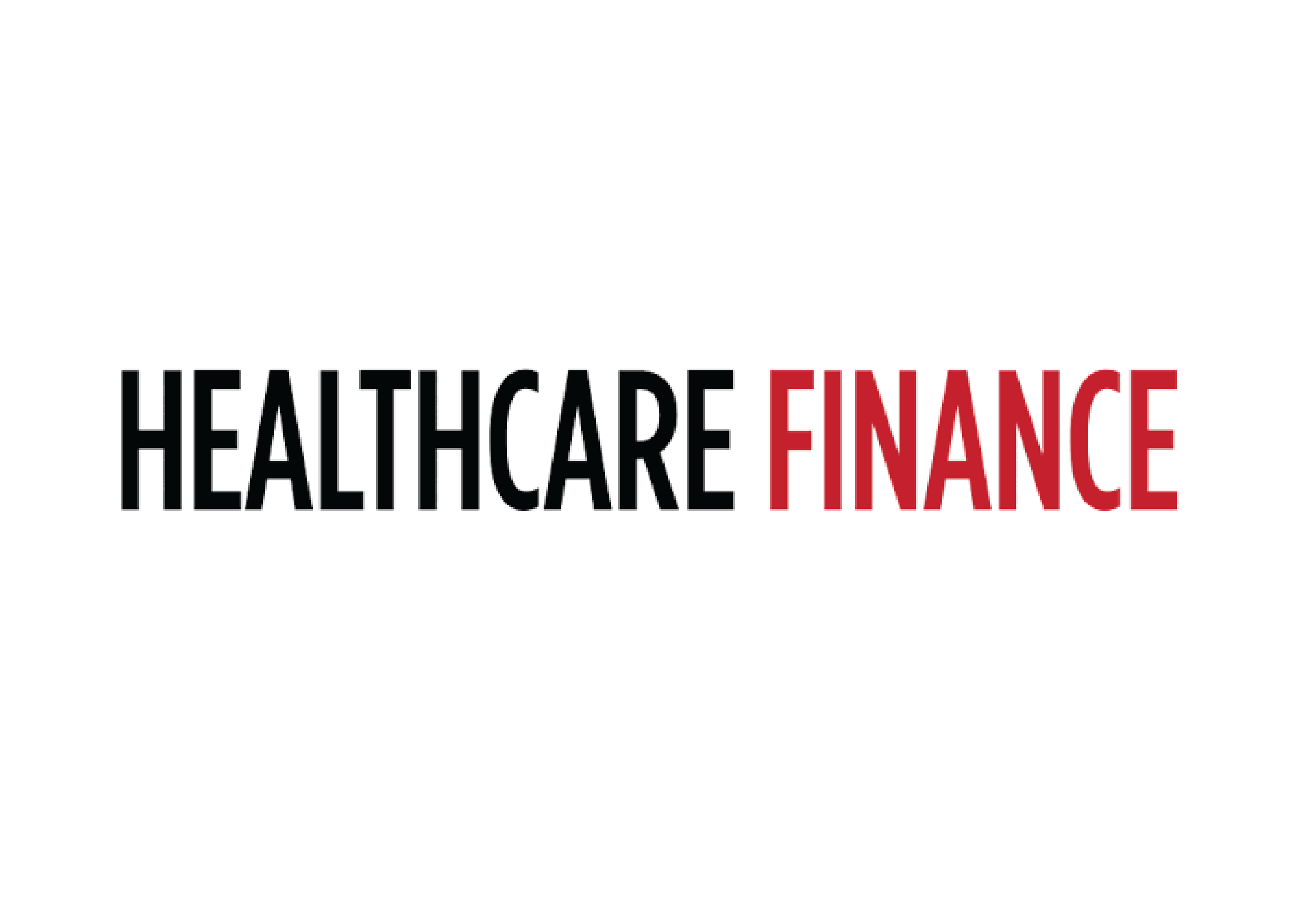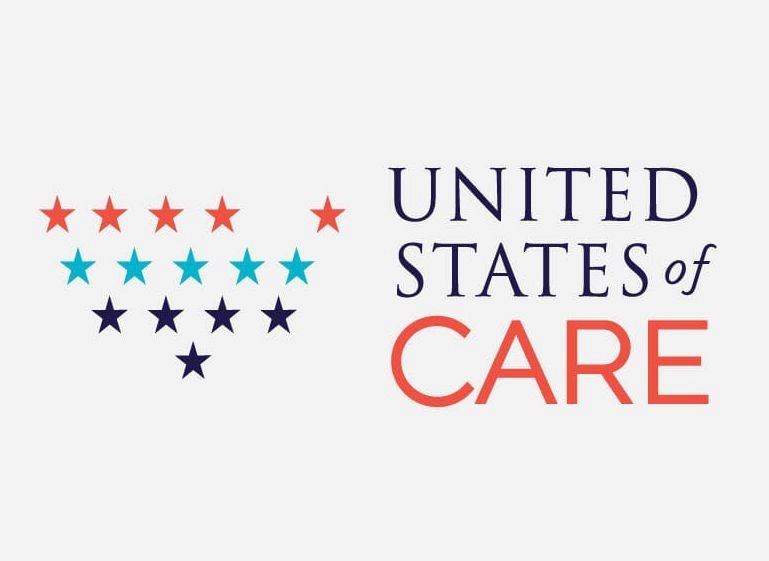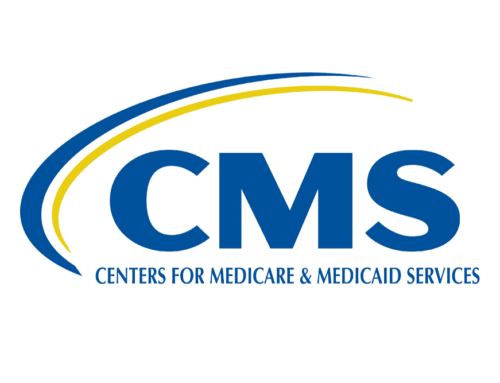CENTER UPDATE | May 2023
In this Issue:
- Patient Groups Support Court of Appeals Decision to Stay Braidwood v. Becerra Ruling
- Court Decision Could Lead to More than 22 Million Women Losing Access to Mammogram Screenings
- Most Employers Intend to Keep Preventive Services Even after Texas ACA Ruling
- AHCJ Webinar Recording Available: Covering the Lawsuit That Could Limit Free Preventive Care
- Upcoming Event: Braidwood v. Becerra Webinar
- Expanding Access to Equitable Behavioral Health Services
- First Year Progress and Future Directions for CMS Innovation Center Health Equity Initiative
- Many Patients Will Still Need Financial Assistance with Inflation Reduction Act Drug Price Caps
- Study: 20% of Older Adults Struggle to Afford Medications


Patient Groups Support Court of Appeals Decision to Stay Braidwood v. Becerra Ruling
A group of 59 healthcare and patient advocacy organizations released a statement in support of the 5th Circuit U.S. Court of Appeals decision to stay the Braidwood v. Becerra ruling, a case which threatens ACA-mandated coverage of preventive services without cost-sharing. The statement follows two amicus briefs submitted by 15 members of the group urging the the court to preserve the ACA preventive service requirement and to stay Judge O’Connor’s ruling, respectively.

Court Decision Could Lead to More than 22 Million Women Losing Access to Mammogram Screenings
Research from the Robert Wood Johnson Foundation found that 22.2 million women ages 50 to 64, who were enrolled in a private health plan in 2018, were eligible for a free mammogram under the ACA. More than 60% of these women reported having a mammogram within the previous two years. This service can cost patients up to $560 in out-of-pocket expenses when not covered by insurance.

Most Employers Intend to Keep Preventive Services Even after Texas ACA Ruling
In spite of the ongoing legal battle to preserve first-dollar coverage of ACA-mandated preventive services, a new survey from the National Alliance of Healthcare Purchaser Coalitions showed that about 72% of employers expect to continue providing coverage for all preventive services at 100%. 6% of employers expect to be more selective, and 22% don’t know how they will approach coverage for preventive care services.

AHCJ Webinar Recording Available: Covering the Lawsuit That Could Limit Free Preventive Care
A recent webinar from the Association of Health Care Journalists discussed how the Braidwood v. Becerra ruling could restrict the government’s ability to require health insurers and employers to cover evidence-based preventive services without cost-sharing. V-BID Center Director Mark Fendrick, MD, spoke about the history and impact of ACA preventive services provisions, as well as the clinical and equity implications if the ruling is upheld.

Upcoming Event: Braidwood v. Becerra Webinar
Register here for a joint webinar on the Braidwood v. Becerra preventive services case on Tuesday, June 6, at 1pm EST. Speakers will provide an overview and latest developments of the case, discuss the equity and clinical implications, and provide actionable steps and resources to support state and community advocacy.


Expanding Access to Equitable Behavioral Health Services
In response to the U.S. behavioral health crisis, a new blog highlights bipartisan efforts in Congress, leadership from the Biden administration, and legislative activity on the state level. The Commonwealth Fund outlines its response to these issues in policy research and activities in four areas:
- Expanding equitable access to behavioral health services
- Integrating primary care and behavioral health
- Strengthening and diversifying the behavioral health workforce
- Leveraging Medicaid and Medicare

First Year Progress and Future Directions for CMS Innovation Center Health Equity Initiative
A Health Affairs Forefront examines progress on four health equity objectives set out by the CMS Innovation Center’s 2030 Vision. These are to 1) develop new models and revise existing models to promote and incentivize equitable care; 2) increase participation of safety-net providers; 3) increase collection and analysis of equity data; and 4) monitor and evaluate models for health equity impact. Based on gathered data, 2023 efforts will:
- Sharpen focus on the needs of underserved populations that are not well represented in current models
- Explore options to build upon and support earlier investments in rural health to address the unique access and care needs of rural and geographically isolated communities
- Continue to explore mechanisms for social risk adjustment of payment
- Incorporate the three new models selected by HHS in response to the Executive Order on Lowering Prescription Drug Costs for Americans
- Pilot test a newly developed implicit bias tool to identify and remedy model designs that lead to inequities


Many Patients Will Still Need Financial Assistance with Inflation Reduction Act Drug Price Caps
Health care experts contest that even with the Inflation Reduction Act’s $2,000 cap on annual out-of-pocket prescription costs for Medicare beneficiaries, patients may struggle to afford medication. 2022 research shows that 75% of adults on Medicare report that they would find it difficult to pay $2,000 annually, regardless of health status. This is particularly true for Black and Hispanic patients, adults with an income less than $50,000, and adults with a rare or chronic condition.

Study: 20% of Older Adults Struggle to Afford Medications
1 in 5 U.S. adults ages 65 and older who responded to a national survey last year said cost concerns forced them to skip or postpone filling a prescription, take less medication than prescribed, or take drugs prescribed to another person. The study, published in JAMA Network Open, found about 30% of respondents used a coupon or copayment card to pay for medications, and more than 8% skipped buying basic needs such as groceries and gas to afford their prescriptions.


2023 V-BID Policy Summit Recording Available
On May 2nd, the Smarter Health Care Coalition, in partnership with the University of Michigan Center for Value-Based Insurance Design, hosted its annual policy summit to discuss a bi-partisan policy roadmap for value-based insurance design in 2023 and beyond. The agenda included distinguished guest speakers U.S. Senator John Thune and Congressman Brad Wenstrup, and covered critically important topics such as improving access to chronic disease prevention, addressing barriers to obesity care, reducing low-value care, and the implications of the ACA preventive services lawsuit Braidwood Management, Inc. v Becerra. Re-watch the Summit and learn more about the Smarter Health Care Coalition here.

A recording of the 2023 V-BID Summit is now available. Click on the button below to hear discussions around accelerating health equity, implications of overturning the ACA preventive care mandate, opportunities and challenges of reducing low-value care, and advances in policies to enhance affordability and reduce medical debt.
Please Help Support the V-BID Center
As we near the end of 2022, we recognize our accomplishments over the past year and look ahead to all we can achieve at the University of Michigan Center for Value-Based Insurance Design. Generosity from collaborators and friends like you allows us to remain focused on equity enhancing programs that improve access and affordability to essential clinical services
You will play an essential role in the future success of the V-BID Center by making a gift today. Thank you for your support.






